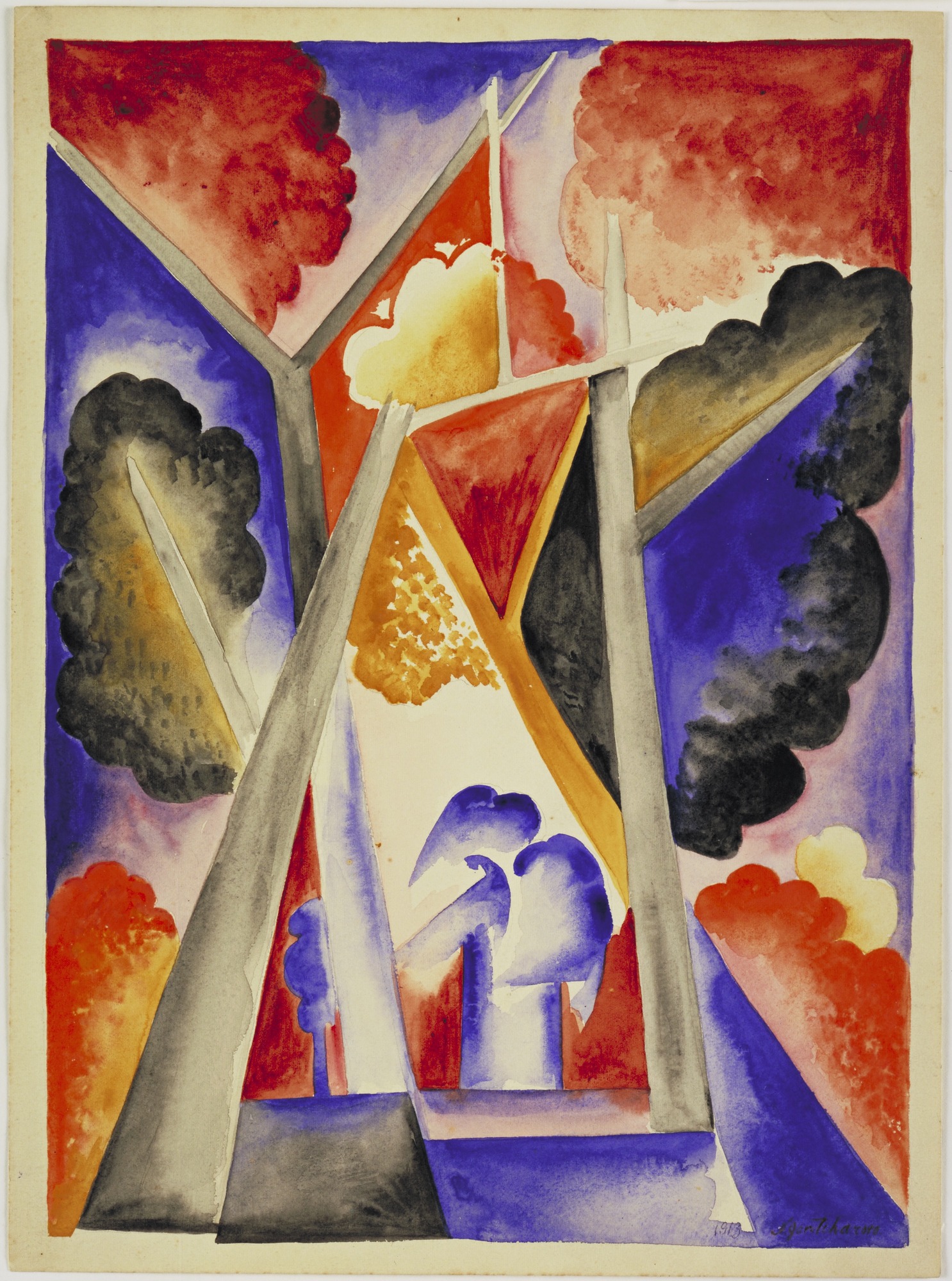The wanderings of scholars: on errancy and envy among the learned.
A poor Arcadian named Micrologus, who wished to learn virtue from the gymnosophists in Egypt, set out alone because he could find no companion for the journey. By chance he entered a dark and impassable forest. While gathering snails there for food, he met the famous Hercules, who was later regarded as a god for his virtue, as he stalked a lion in the same forest. From his dress and features, Micrologus surmised that he was a Greek rather than an Indian. “Tell me, brother,” he said, “does this path lead to the city?” Pleased to hear the pauper call him brother, Hercules kindly asked him whence he came and what the object of his journey was. Warning him that the forest was full of errant ways, Hercules told him to guide his steps by the sun’s rays, since otherwise it would be extremely difficult to find his way out. And he declared that, since both the Greek language and a love of virtue united him to Micrologus by a natural bond, he owed him all the loyalty and duty as a brother.
What is my point, O scholars? My friends, please give me your attention. All of us who are conversant in letters strive, I believe, for virtue and glory through our study of the liberal arts: but not all of us possess such courage that we may safely hunt a lion. For nature has not seen fit to endow everyone with equal talents. Thus, some are suited to enjoying greater things, and others lesser things. By what fault, then, does it happen that, although our common studies of letters and virtue tend to join us with a holy and fraternal bond, each of us in his conceit and arrogance thinks that no one is intent on true learning but himself? And despite our duty and loyalty in the study of letters, we fail to help those who stray in this great forest, even when it is in our power and does us no harm. Indeed, by extinguishing their fame or diverting them to an inauspicious path, we pose obstacle to those who have seen the light of praise and fame and who diligently make their way toward the glory of virtue.
Still, if we are pleased to occupy ourselves with calumny, I have often thought the ignorant masses ample and suitable material for indulging in condemning with complete license and impunity, as if a lawful war had been declared. For by nature there is no greater enmity – not between rich and poor, between powerful and weak, or between master and slave – than that between learned and ignorant men.
But I don’t wish to be prolix. If any of you has advanced the cultivation of letters and virtue for the sake of humanity, O scholars, then I entreat you to see that your talent, which God himself has given you for the highest pursuits and accomplishments, is consonant with loyalty and duty. And I ask you not to disdain those of us feebler writers who publish works suited for slower, less subtle minds. If I have always regarded you as brothers, hurting no one, and aiding as many as I could, please join me in showing posterity that our age is neither lacking in humorous writers nor completely filled with envy. We shall achieve this goal if we abandon our detractions and are earnestly devoted to one another. Do so and be happy.
Leon Battista Alberti, Dinner Pieces, trans. D. Marsh (revised)
For other Alberti posts, see here.









Leave A Comment